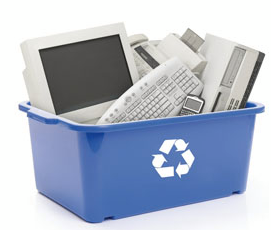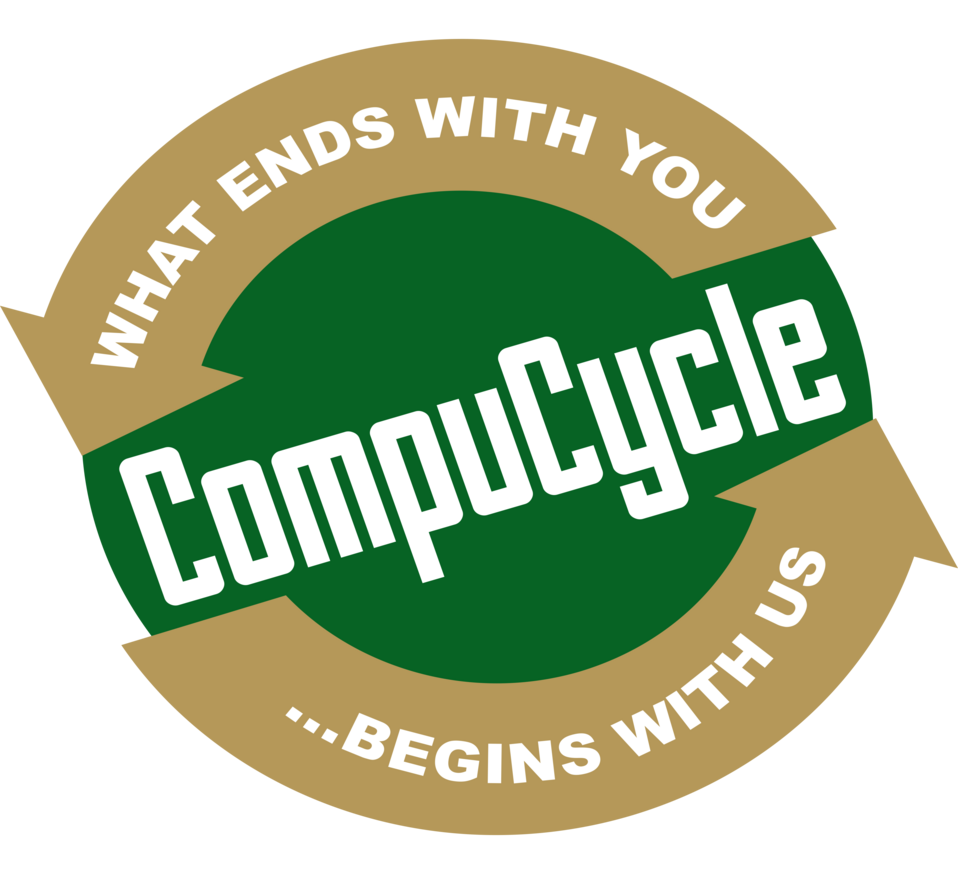
Transforming Your IT Department From A Cost Center To A Profit Center
The Challenge
Our Clients were recycling their end-of-life IT assets directly with original equipment manufacturers (OEMs). The 4th largest city in the USA was paying $35.00 per asset for recycling services, and a Fortune 150 company was paying $28.00 per asset to recycle their assets. Our Clients were required to provide an inventory list of equipment to be collected, which was very time-consuming.
The OEMs were unable to provide onsite inventory services—the time to have the equipment collected after the request was one month. To make matters worse, the time it took to take an inventory of assets collected and settlement reports took two to three months after collection.
Solution Implemented

CompuCycle provided a simple and stress-free solution by providing onsite inventory, packing all assets onsite, and transport the assets in securely locked GPS monitored trucks to CompuCycle’s processing facility. Hard drives are sanitized using Department of Defense compliant software. Failed hard drives are physically shredded. A hard drive audit report identifying the hard drive serial number, model number, size, manufacturer, and serial number of the parent machine is provided.
We provided the client the following reports: the receiving report (listing number of skids and weight of skids), the audit report (make, model, model number, serial number, and asset tag number), the Certificate of Recycling (listing total weight received), the Certificate of Hard Drive Sanitization (listing # of drives sanitized) and Certificate of Hard Drive Destruction (listing # of hard drives shredded).
The Result
CompuCycle provides the onsite inventory report on the day of collection. A receiving report identifying the quantity and weight of materials collected is provided on receipt at our processing facility. The settlement reports, hard drive audit report, equipment audit report certificate of hard drive sanitization, certificate of hard drive destruction, and certificate of recycling are provided 30 days after receipt of equipment. CompuCycle was able to reduce the recycling costs for the 3rd largest city in the USA to $0.00 per asset and pay the Fortune 150 company an average of $10.00 per asset after all processing and collection fees. Besides, we saved the client a lot of time and headache by doing the onsite inventory of assets ourselves to focus on their core business.
Recent Articles
Secure Electronics Disposal in Houston: Why the City’s Largest Industries Trust CompuCycle
When a major healthcare system decommissions thousands of laptops, or an oil and gas company retires an entire data center, one question comes up again and again: What happens to all that data — and…
Read MoreCompuCycle Executives Join R2 TAC and e-Stewards Leadership Council to Advance ITAD Standards
Houston-based ITAD provider deepens its industry influence through active participation in standard-setting committees. As corporate ITAD needs evolve alongside stricter compliance and ESG requirements, CompuCycle continues to lead the way—this time by contributing directly to…
Read MoreI’m Just a Computer: A Journey Through ITAD Recycling
Meet Chip the Computer – he’s about to take you on an unforgettable journey through the world of IT Asset Disposition (ITAD). Buckle up for an adventure that’s both educational and entertaining! Chapter 1: “Hello,…
Read MoreIs There a Wrong Way to Recycle Electronics?
Most people agree that recycling electronics is the right thing to do. It prevents hazardous waste from entering landfills, supports sustainability goals, and allows for the recovery of valuable materials. But what many businesses don’t…
Read More


